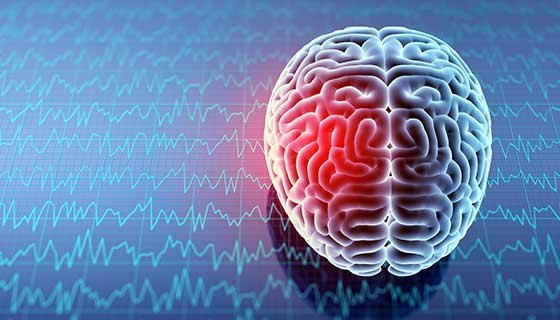
image credit- shutterstock
Researchers at the Auckland Bioengineering Institute (ABI) in New Zealand have received $150,000 from the Health Research Council’s Explorer Grant to improve our ability to understand and ultimately prevent the long-term impact of traumatic brain injury.
New Zealand has one of the highest rates of traumatic brain injury (TBI) in the developed world, with almost 14,000 people being treated for it annually, up to 90% of whom are considered in the mild severity range (mTBI).
A missing link in our understanding of mTBI pathophysiology is the lack of understanding in the interconnected nature of mechanical, biological and cognitive processes in the brain
Researchers aim to address this by combining computational modelling and MRI imaging technology, which will allow them to simulate disruptions in the brain, to better understand the link between structural damage and cognitive impairments.
Their research aims to lead to the creation of one of the most comprehensive mTBI dataset in New Zealand. This will support the mTBI research community in New Zealand and advance brain injury research for the prevention, management, and treatment of mTBI.




